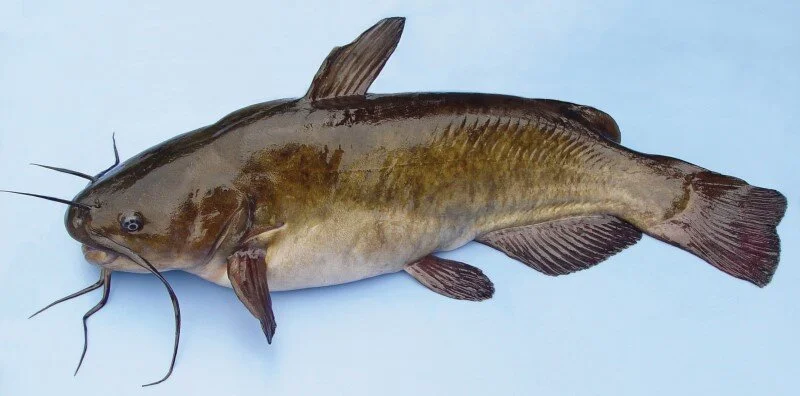Sometimes, you just have to do a job yourself. That’s what Bill Walmsley did when he saw that his local wetlands were full of trash. So with garbage bags and a trash picker, he started to clean.
Bill was battling centuries of heavy pollution and litter. The Patuxent River basin is 900 square miles, covering much of the area between Baltimore and Washington DC. Consequently, urban sprawl has caused the health of the river and its surrounding wetlands to suffer. Despite the history of pollution in the area, the watershed is home to many resilient and unique species. But who knows how long the creatures of the river will hold out—two-thirds of the brown bullhead catfish, an environmental indicator species, have tumors.
Bill wanted to do something for them—the catfish, the river otters, the osprey. So he spent his weekends cleaning their home.
Most people don’t think about what happens to the trash on the side of a highway, or along a walking trail. But when it rains, that trash gets caught in the runoff and ends up in our wetlands, rivers, and bays. Eventually, it ends up in our oceans. Bill thinks about this—so he broke the chain. He started picking up the trash along the trail he walks his dog on every day. He eventually officially adopted the trail—although he goes above and beyond what is required of him.
Around 2012, he began recording how much trash he picked up on his daily walks.
Now, in 2021, Bill Walmsley has picked up over 6,000 pounds of garbage from the wetlands and trail. That is roughly the size of 5 grizzly bears, or half an elephant. In 2020 alone he picked up 975 pounds of trash (a 15% increase from the year before).
That’s a 6,000 pound burden that the creatures of the Patuxent are relieved of.
It’s incredible talking to Bill. His passion for the natural world is forceful. He cares deeply for his trail and its wetlands, and his love has resulted in action. He shared some no-nonsense rules with us.
Stop littering.
When you see litter, pick it up.
Clean up after your dog. (Fecal waste contaminates the water.)
Do something for the Earth on Earth Day.
Don’t wait for someone else to take action. Grab a trash bag and start a cleanup yourself.
Shop responsibly. You don’t need plastic bags. You probably don’t even need a receipt.
Whenever possible, avoid individually packaged food.
Start a garden.
The wetlands and trail Bill loves so dearly have seen marked improvement since he first took up his one-man crusade. It’s still an uphill battle—one man’s battle against many people’s carelessness—but Bill has made a big difference in the lives of the Patuxent’s wildlife.
Bill’s story is a lesson in choices. Are you going to be someone who dumps garbage on the side of the road, and tosses bottles in the river? Or are you going to be like Bill and take responsibility for our collective actions and works to undo the damage?
Grab a garbage bag and a trash picker. We have a lot of work to do.



